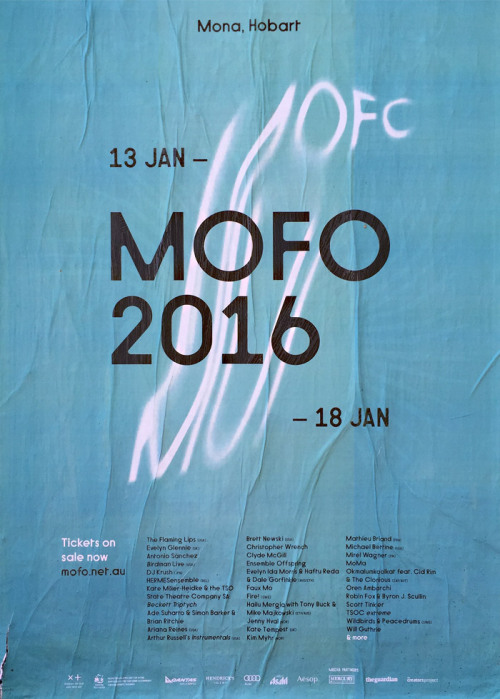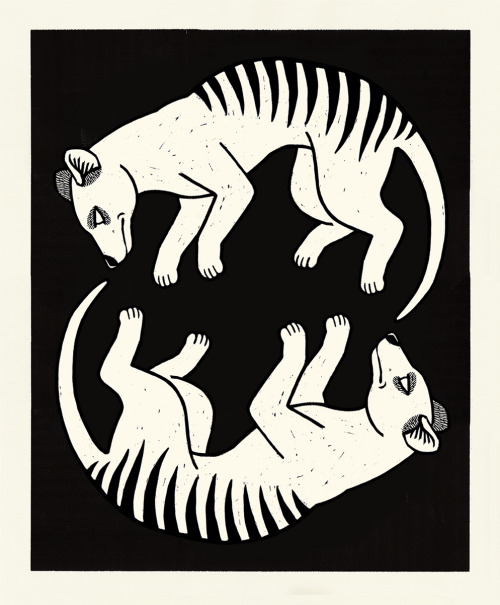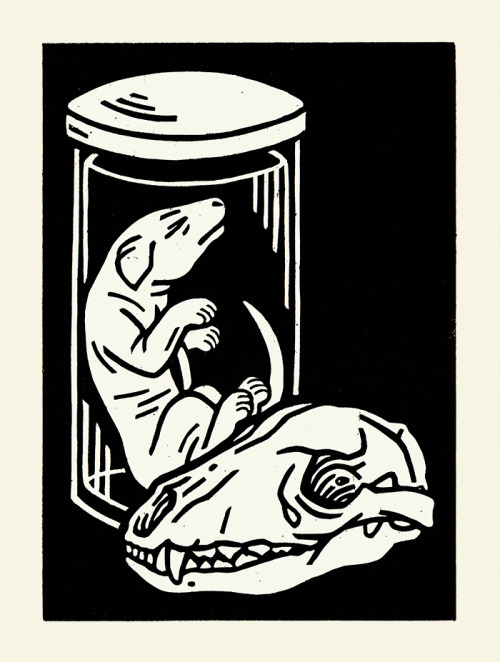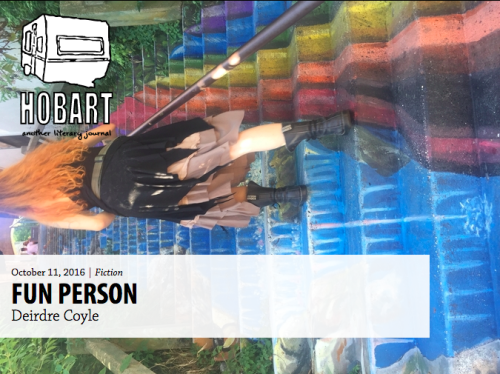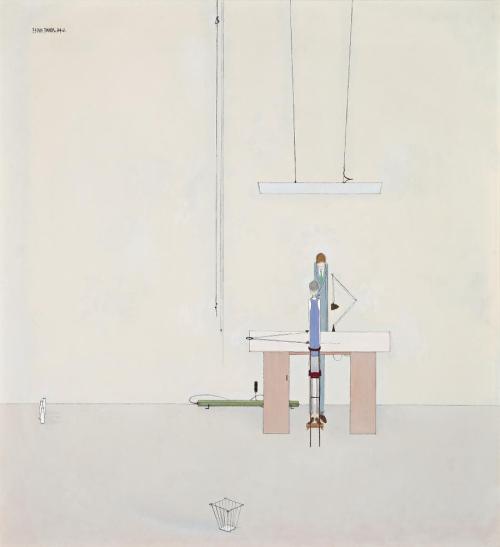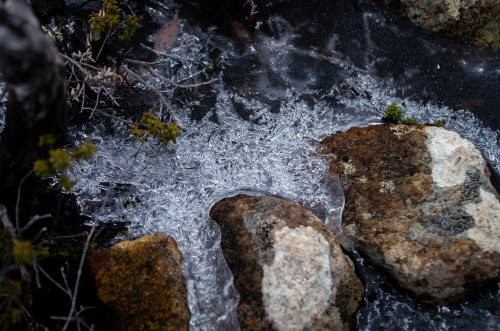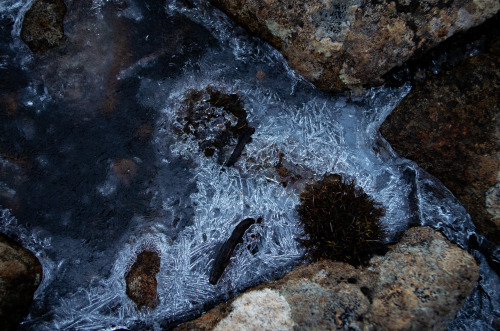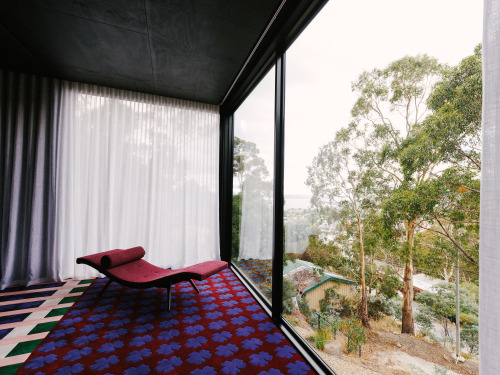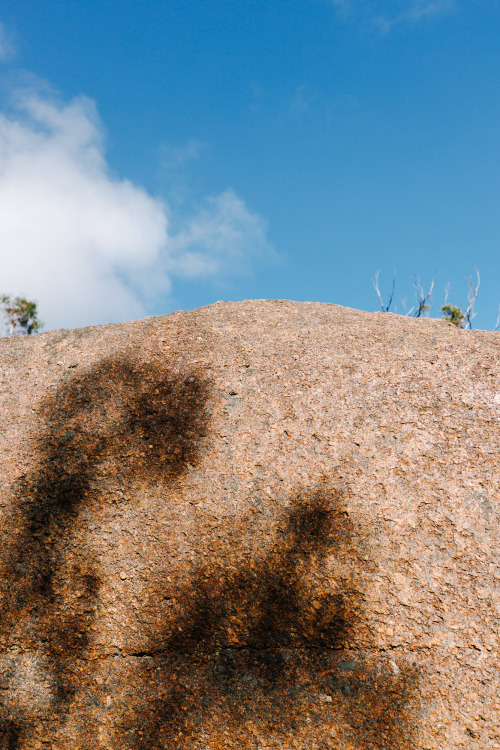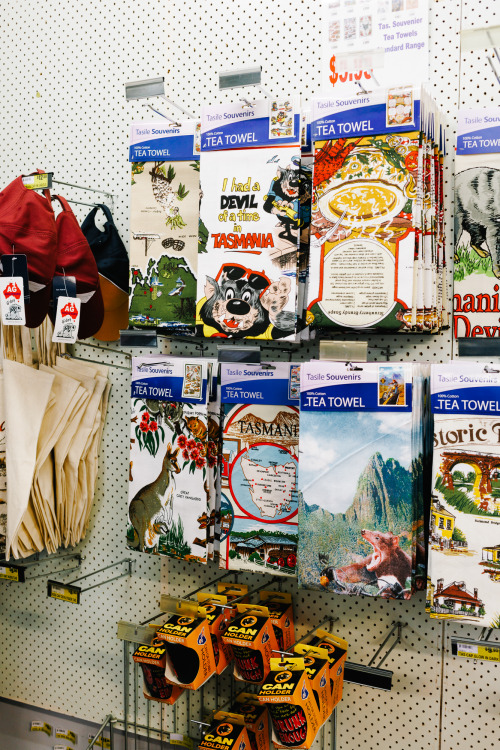#hobart
#Hobart throws the best #innercity #micro #doofs. The #AerolaTwins had the #bast #time. Thanks for letting us #liberate, #invigorate and #educate you.
Post link
Advanced #sexual #deities from #planet #CumQuot sent to help you #expand your #sexual #minds. Performing this Saturday at #PEPPERBERRYlanewayfestival in #Hobart #Tasmania ❤️
Post link
Isn’t winter just terrible? Perfect conditions in Hobart this evening. Cheers to the weekend and make sure you enjoy plenty of deliscious beers!
#hobart #beeroclock #tgif #tasmania #tasmaniagram #discovertasmania #radtown #wharf #boats #fishingboat #beer (at MACq 01 Hotel)
Post link
Winter has finally arrived. More snow please! #winter #snow #tasmania #snowmania #discovertasmania #hobart #sunrise #docks #tasmaniagram #seeaustralia #radtown (at MACq 01 Hotel)
Post link
Edited versions of my old thylacine woodcuts :)
I got a few messages about the availability of prints and since my Etsy shop is still in a wip state, I added them to my Redbubble profile. (But I wanted them to fit my current style a bit better, that’s why i changed them up a little. I think they look better this way)
Post link
Please follow Hobart is Back!
Celebrating Aquarius. (Anyone have information about “Hobart”?)
Post link
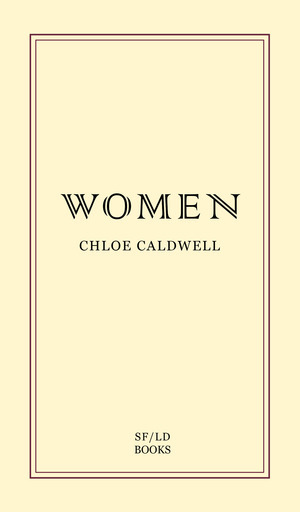
Chloe Caldwell’s novella Women (published October 1 by Short Flight/Long Drive Books) is a book about love between women—in relationships, in friendships, in families, and otherwise. The book centers on a romantic relationship between the unnamed narrator and Finn, but it is more than that: throughout, women move in and out of one another’s orbits, love and hate one another, and explicate what loving can be. On the first page, the narrator confesses, “Sometimes I wonder what it is I could tell you about her for my job here to be done. I am looking for a shortcut—something I could say that would effortlessly untangle the ball of yarn I am trying to untangle here on these pages.” Chloe Caldwell does not take that shortcut, and Women is not untangled: it is a knot that does not simplify, but rather deepens what women are.
Emma Aylor: Women operates on that continuum of fiction-to-non that has characterized many recent and notable works—Sheila Heti’s How Should a Person Be? and Ruth Ozeki’s A Tale for the Time Being come to mind. It’s also a novella that recognizes its own existence; just in the first few pages, for example, the speaker acknowledges both her audience and the book’s upcoming publication. How did you classify Women during the writing process? Did it change form as you sank further into it, or has it always been intended as a novella?
Chloe Caldwell: Last fall I went to Jamaica with Elizabeth Ellen and three other female writers for a vacation. We were all to bring something we were working on, with plans to do a more laid-back version of “workshopping” each other’s pieces. So I brought “Women,” which was not “Women” at the time, of course. It was like three pages of raw anecdotes. I remember being in my bedroom at the villa we were staying in, sitting on my bed. She was sitting in her bedroom across from mine—both of us had our doors closed and we were reading one another’s work. She was texting me how much she liked it. Sounds cheesy but she believed in it and saw something in it from day one. She “got” it.
I kept working on it and sometime in January or February she gave it another read and decided she wanted to publish it. She’d wanted to publish something “like it” and was interested in publishing a novella. My piece fit that bill because it was too long to be an essay and too short to be a novel, thus, a novella.
But I’d never written a novella before, so I kind of learned as I went. I read lots of novellas and novella length novels while working on it: I read Bonsai by Alexandra Zambra, Loverboyby Victoria Redel, The Lover by Marguerite Duras, Walks with Men by Ann Beattie, The Kiss by Kathryn Harrison, and The End of the Story by Lydia Davis, and a few more. These books truly informed my writing of Women. It was really fun and entertaining. Also, funny you mention Ruth Ozeki. Her book, Tale for the Time Being is a favorite of one of my best friends and my mom.
Bonsai is one of my favorites! Women actually reminded me of it—especially the part that says “When Julio fell in love with Emilia all the pleasure and suffering previous to the pleasure and suffering that Emilia brought him turned into simple imitations of true pleasure and suffering.” And I can absolutely see The Lover as an influence on Women.
I noticed a few references to women’s writing as I was reading—the most prominent being Virginia Woolf’s Orlando and Anne Carson’s “The Glass Essay,” but also Jeanette Winterson and Maggie Nelson and Rebecca Solnit and so many other of my favorite women writers. There’s the one part, too, where the narrator describes a document she keeps full of other women’s sentences, unattributed, that she and Finn [the love interest] have sent back and forth. The simplest common thread I notice between these women’s works is a sort of legitimization of love-writing—that we can make something that is sometimes dismissed as trivial into a meditation that expands into others’ lives. This is all a roundabout way of asking this: How did you approach writing about something so interior and private and often difficult to express?
Is love-writing often dismissed as trivial? I don’t agree. I know this is a thing that people think and say, but give me a book that isn’t rooted from love? It always goes back to love. Just look at the response to Cheryl Strayed’s Wild, a book totally rooted in love.
I see what you’re saying—that my book focuses on it and never strays away from it, there’s no other plot. But I read a lot of books like that, such as the ones I quoted in Women, but also many more. I surround myself with this sort of writing, and the people that think love-writing is trivial, well, I don’t want to know those people.
I knew I wanted to write something that dealt mostly with the aftermath of a break up. Not concrete aftermath, like moving things out of an apartment or who gets the kids on weekends, but the emotional aftermath. How you can look the same on the outside but be utterly changed on the inside and how lost that leaves you.
I was interested in how grief changes you, and I wanted this to be a book about living in the space of grief. The kind that comes from a broken heart though, not a death. But a broken heart is a type of a death. I read lots of books about this. I talk to friends about this. I was obsessed with how people “cope.” Like the part in the book where a friend says you deal with heartache by “comedy and roller skating.” Another friend told me she chewed lots of gum, couldn’t stop. Lots of people jump into online dating. Others drown themselves in books and movies. So, I wanted to explore those kinds of things—things you do that are motivated by grief and confusion.
I approached it as I would approach anything I write. Just sitting down and trying. I often write from the force of emotion. I’m into feelings. Like, as a hobby, ha! I talk about them. I like therapy. So it’s natural for me to write about them as well, you know?
Elizabeth Ellen was a great editor—lots of times I wanted to skip over stuff and she would make me slow down and explain. It is difficult to express these sort of feelings, you are right. So I kept writing about it until I had expressed it to the best of my ability. One of Elizabeth’s biggest notes would be like, “Add two or three more sentences here about this same thing.”
I’m absolutely on your side about that, and I love your point that people say it but it doesn’t necessarily ring true. I think that’s more accurate than what I said.
It seems like the grief process you explore in the book is one that is both caused and healed by other women. The narrator is devastated by a woman, talks to women, grieves with women, drinks with women, sleeps with women, loves and is loved by women. The narrator finds both great comfort and some fear in how well she can see herself in other women—how emotions and ideas are mirrored. Can you talk a little bit about, well, women? Obviously they’re important to the narrative and to its arc of emotions, but I’d like to hear a bit about how you thought about it.
I love this question! You’re spoiling me, because you are really getting my book on the level. Thank you.
This is exactly how I wanted the scenario to come across. I wanted to show how sometimes it’s the unexpected people in your life that, well, I don’t want to say “save you” because that’s too dramatic for what I mean, but who come into your life, and they are not the person you expect to get you out of a rut, but over time, or looking back, you see that they have/did/are. They change you, is more accurate I suppose. For example, in Women, that’s what The Female Woody Allen character does. The narrator meets her in a class, and then TFWA emails her, “Hey do you want to go stay in my cabin in the woods?” At this time the narrator is needy from her lover, but her lover cannot provide what she need, even though she THINKS her lover is. So she gets it elsewhere, without even realizing that. And towards the end TFWA is like, “Dude get out of here, you’re miserable.” If she had not said that, how much longer would the narrator have stayed in that city grieving and losing her life?
Same with the online dating. The narrator never finds love with it, but she maybe gets the attention she needs. Or she gets an activity partner. A new perspective. I also think the narrator was using women as her singular resource and the response to that was a multitude of people.
It’s through this that I think the narrator learns you cannot get everything you need from one person—she places a lot of need on the Finn whom she is seeing romantically, forgetting that even though Finn’s a woman, she still can’t provide relief for all of her emotional needs.
You know how at some points of your life—you stop and look around, and you’re like, Woah. My life is not what it was before. My life has become something different entirely. That’s what I wanted to convey about the narrator. She is suddenly surrounded by women in ways she was not before. She was getting what she needed through them.
In my real life, I am swimming in women. Just the other day, after a back and forth with the event planner at Housing Works, she wrote me, “You know so many rad ladies!” because we were planning my book release and I had a gaggle of awesome women who offered/wanted to read with me.
So, I’ll take this opportunity to say, I am SO lucky to have such a posse of women around me. In the past few years, mostly through writing, being a woman who publishes stuff about feelings and hardships online, it has become that way. I could rattle 10 women off the top of my head who I met through writing, who have become an important part of my life. They all support the crap out of me, and I them. It has been so delightful to become real life friends with the women whose writing I admire.
AND we introduce one another to even MORE women. It’s unending!
Have you read this essay “A Particular Kind of Self-care: To A Year of Female Friendships” by Jenna Wortham? My friend Molly Oswaks told me about it. It correlates to what I am saying right now.
Anyway, I am in constant communication with women. We talk about writing, death, hair loss, acne, sex, you name it, all day. We blab on the phone. Binge-email. Text. Meet for lunch, drinks. Go to movies. Go on hikes. Museums. Have sleepovers.
Women and women friends have always been a big part of my life, but as I got/get into my later twenties, I found/am finding a new importance in it/them. They are probably the best thing in my life right now. They are so good to me; they nourish me, and through them is how I learn.
Oh, I loved that essay! I just love The Hairpin in general for writing about female friendships and moms and the kinds of relationships Women also covers—woman-to-woman and made important by that.
I think there’s also something in female relationships that allows a quality I noticed in the narrator of Women and her life—that she finds meaning in opposites, in hybrids, in general multiplicity and more-ness. Like the way she writes about both never wanting to leave her mother’s company and about, a few days later, flying off nevertheless; or the way Finn offers to let her wear one of a few objects of clothing, and she says, “I choose the flannel because I’ve already worn the sweatshirt and the jacket and I like to wear as many different pieces of clothing of other people as I can.” I can see this in The Female Woody Allen character, but I’m wondering if there were any particular characters or plottings you used to emphasize this hybridity and wealth of experience.
I definitely consciously played up the mother character. I read this novel called Loverboy by Victoria Redel while writing Women and it really affected me. It’s about a mother completelyconsumed by her young son. Obsessiveness to the point that it hurts both their lives. Keeping the child at home instead of letting him go to school, etc. It’s such a twisted and dark book and definitely encouraged me to take the darkness in my book to the next level. Just like, make it really fucked up and painful.
It also gave me the idea to play up the enmeshment between the mother and daughter—so much so that the daughter compares all of her female friends to her mom, looks for her mother in other females since her mother is not around.
I wanted to explore the idea of reaching, yearning. When the narrator needs attention from Finn but can’t get it, she throws herself into online dating other women.
I guess the more females I kept adding to the book, the more I saw how they naturally complemented (or didn’t complement) one another.
I like to think both Finn and the narrator represent dark and light, but they switch back and forth playing who is what at each time. They attempt to balance each other’s obsessiveness—when one is more obsessive, the other backs off and vice versa.
I loved the idea of all the women in the book representing different things: kindness, humor, sex, love, friendship… but overall they each represent one thing, which is love, regardless if it’s romantic or not. It’s about how love can come in eclectic, unexpected ways, some unrecognizable as love, but love all the same.
So what’s next for you, post-Women? Are you working on anything in particular at the moment?
I don’t do much writing when I’m doing publicity stuff. I can’t multi-task that way and I’m out of town for the month of October on book tour with Elizabeth Ellen, Mira Gonzalez, and Chelsea Martin. So I’m focusing on Women stuff for now, and doing readings and socializing. Feels like coming out of hibernation after this past year of writing.
But I’m getting another essay collection together, slowly, and would like to write a young adult novel, and a memoir. I’m just gonna keep going! I do have some vague ideas in the works for books but am apprehensive about talking about them on the internet just yet. How’s that for a cliffhanger.
Conversation by Emma AylorandChloe Caldwell.
“According to the 2007 “Campus Sexual Assault Study” sponsored by the National Institute of Justice, more than 50% of incidences of campus sexual assault occur in the first few weeks of the fall term. A 2003 Department of Justice Report supports these findings, as does a 2008 study, “Risk of Unwanted Sex for College Women: Evidence of a Red Zone,” published in the Journal of American College Health. Freshmen are particularly at risk. They are often new to independence and naïve to real dangers lurking behind the university party scene. The story of Anna, a college student of Hobart and William Smith Colleges, is enough cause for concern.
The New York Times recently featured an article, “Reporting Rape, and Wishing She Hadn’t,” about Anna’s experience with the university investigation of her case. The article focuses on the lethargic, inconsistent, and dismissive handling of Anna’s case, ranging from failure to protect victim privacy to a general lack of support.”
Sarah Luft for warscapes on the Red Zone
Post link
I read an article about loneliness in a Jesus magazine while I ate. None of my coworkers believed in Jesus. We made fun of the earnest and plain-looking women who congregated in the religious section, one of them offering advice while the other protested mildly, their quilted Bible covers in paisley prints. Sometimes I got the urge to join them. It wasn’t because there was something missing. The something missing was the plight of humanity–any idiot knew that–it couldn’t be filled with food or alcohol or drawing blood from skin. I just missed having friends.
FRAGMENTVM “Fast Trains,”Big World
Cum edebam scriptum de solitudine in libello Christiano legi. Fidem nullam in Christo comites mei habebant, quibuscum simplices inornatasque in parte rerum divinarum congregatas irridebam. Earum quae Biblia textilibus domesticis tecta portabant, alia consilium nobis dedit, alia paulum sollicitata est. Interdum impulsa sum ut cum eis me coniungerem, non causa qua summa desiderarem, quilibet enim fatuus intelligat ab omnibus peti summa, quae non possunt inveniri cibo vel vino vel sanguine e carne hausto; amicos vero desiderabam.
-
When I was eating I read a written piece about loneliness in a little Christian book. My comrades, with whom I laughed at the simple and unadorned women congregated in section of divine things, had no faith in Christ. Of these women who carried Bibles covered with domestic fabrics, some gave us advice, others were a little disturbed. Sometimes I was driven to join them, not for the reason that I longed for higher things, for any stupid person understands that the higher things are sought by all, which cannot be found with food or wine or blood drawn from flesh; in truth, I longed for friends.

good morning

Slow Beam,
Tasmania






